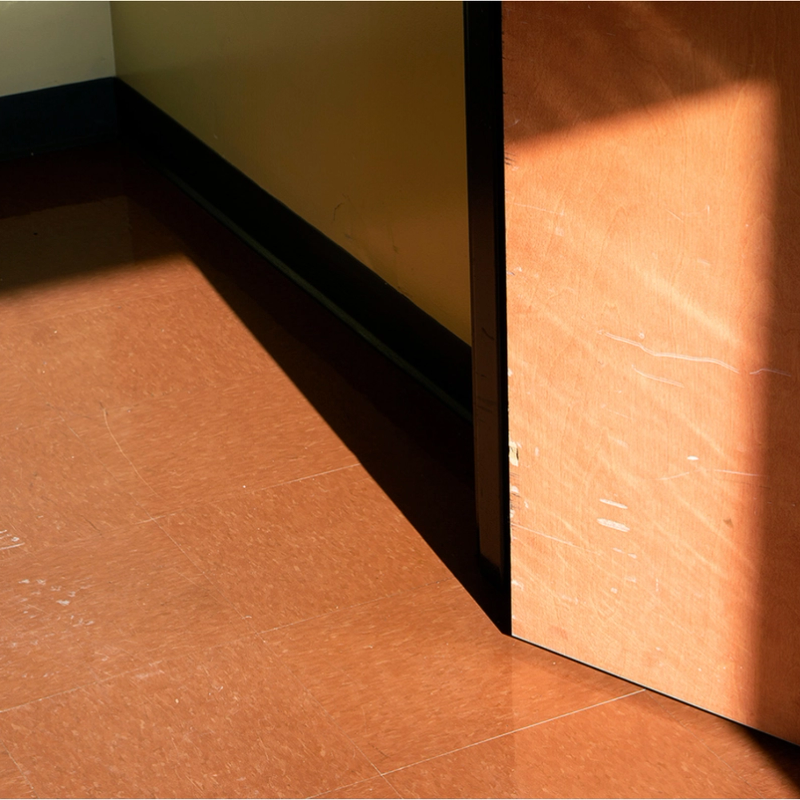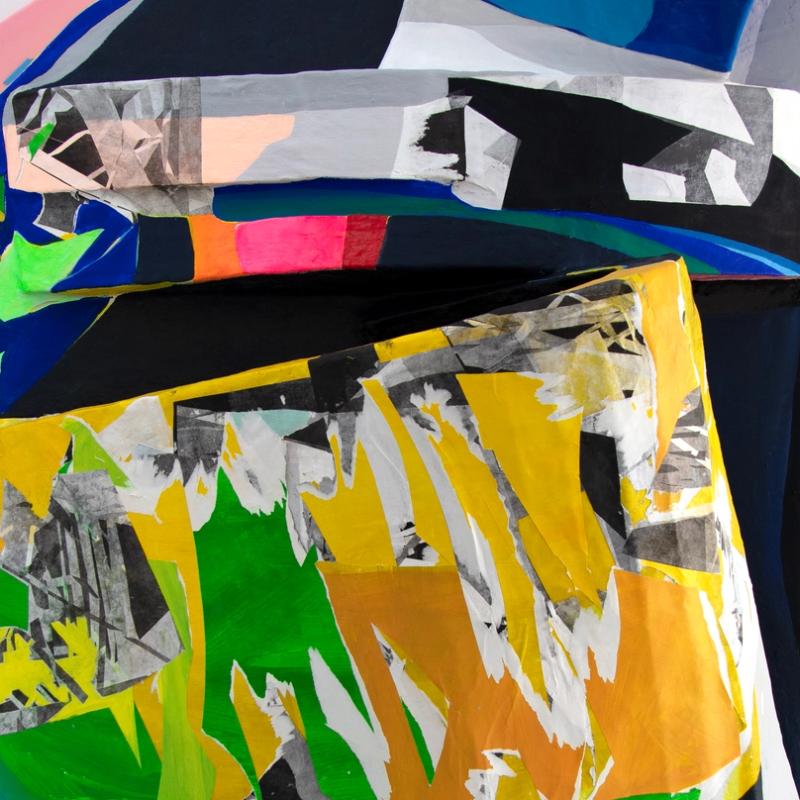Comics
Survilo (2019)
by Olga Lavrenteva
SurviloPt.1ENGLISH2.0-1

SurviloPt.1ENGLISH2.0-2

SurviloPt.1ENGLISH2.0-3

SurviloPt.1ENGLISH2.0-4

SurviloPt.1ENGLISH2.0-5

SurviloPt.1ENGLISH2.0-6

SurviloPt.1ENGLISH2.0-7

SurviloPt.1ENGLISH2.0-8

SurviloPt.1ENGLISH2.0-9

SurviloPt.1ENGLISH2.0-10

My project-1-3

SurviloPt.2ENGLISH-1

SurviloPt.2ENGLISH-2

SurviloPt.2ENGLISH-3

SurviloPt.2ENGLISH-4

SurviloPt.2ENGLISH-5

My project-1-3

